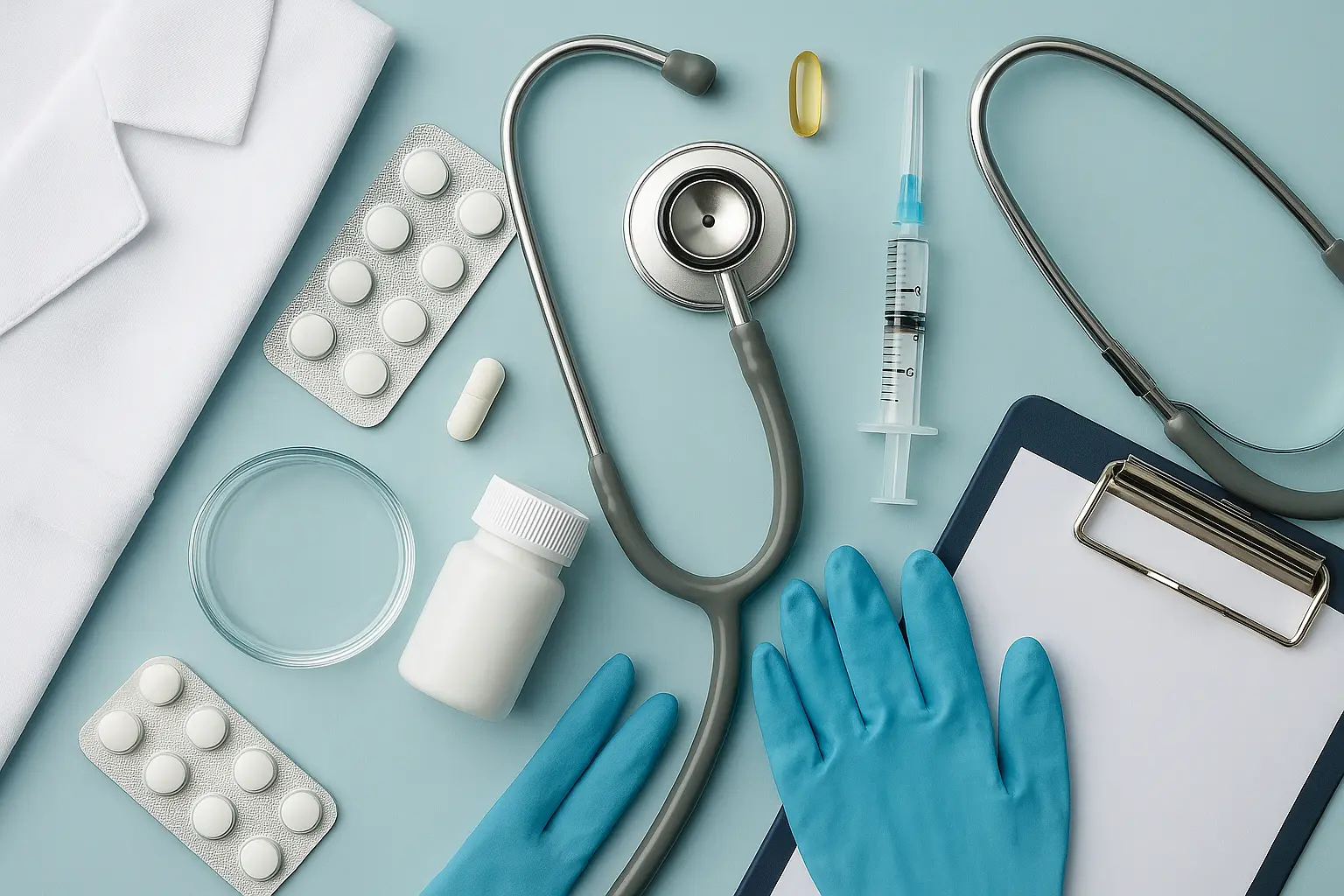ISO 11737 Microbiological Methods Certification
The ISO 11737 series of standards provides microbiological methods for the testing of medical devices, pharmaceutical products, and related materials. These standards are crucial for ensuring that products meet strict quality and safety requirements before they enter the market.
ISO 11737-1 specifies the general principles applicable to all the tests in ISO 11737 series, while other parts of this standard provide specific microbiological methods. This certification ensures that manufacturers adhere to internationally recognized standards, thereby enhancing product reliability and safety.
The process involves rigorous testing procedures aimed at ensuring that medical devices and pharmaceutical products are free from harmful microorganisms that could cause infections or adverse reactions. The tests cover a wide range of scenarios including sterilization processes, storage conditions, and packaging integrity.
For medical devices, the focus is on ensuring that they do not harbor any potential pathogens which can lead to serious health issues for patients. In pharmaceuticals, the aim is to guarantee the purity and efficacy of the products by eliminating contaminants that could affect their effectiveness or cause side effects.
The certification process typically starts with a review of the product's design, manufacturing processes, and quality control measures. This is followed by actual microbiological testing using various techniques outlined in ISO 11737-1 to -5, which include methods for sampling, culture media preparation, incubation conditions, and final determination of microbial counts.
Once the tests are completed, a detailed report summarizing all findings is prepared. This document serves as evidence that the product meets the stringent requirements set forth by ISO 11737 standards. It also helps in maintaining compliance with local regulatory bodies who may require proof of adherence to these international standards.
Compliance with ISO 11737 not only enhances trust among consumers but also strengthens a company's reputation within the industry. By obtaining this certification, businesses demonstrate their commitment to delivering high-quality products that are safe for use by patients and healthcare professionals alike. Furthermore, it opens up opportunities for export markets where stringent regulatory requirements apply.
In summary, achieving ISO 11737 Microbiological Methods Certification is essential for any organization involved in producing medical devices or pharmaceuticals. It provides peace of mind that the final product meets the highest levels of hygiene and safety standards recognized globally.
Why It Matters
Obtaining ISO 11737 Microbiological Methods Certification is vital for several reasons. Firstly, it ensures that all products comply with international standards which are designed to protect public health by preventing contamination and ensuring efficacy.
- Enhanced Product Quality: The certification process involves thorough testing of every aspect of the product, from raw materials used in its construction to final packaging. This guarantees that only high-quality items reach consumers.
- Patient Safety: By eliminating harmful microorganisms before release into the market, this certification helps maintain patient safety by reducing the risk of infections or other complications arising from improperly sterilized equipment or contaminated drugs.
In addition to these benefits, compliance with ISO 11737 also enhances a company's reputation as an industry leader committed to excellence and innovation. This can lead to increased customer confidence and loyalty, as well as greater market share.
Furthermore, many countries have made compliance with certain international standards mandatory for the sale of medical devices or pharmaceuticals within their borders. Therefore, having this certification allows companies to enter new markets more easily while avoiding potential fines or penalties associated with non-compliance.
Scope and Methodology
The scope of ISO 11737 Microbiological Methods Certification encompasses various types of medical devices, pharmaceutical products, and related materials. The methodology employed during the certification process is designed to ensure that all relevant aspects are thoroughly evaluated.
- Product Review: This involves examining the design, manufacturing processes, quality control measures, and any other factors that could impact microbiological safety.
- Sampling: Samples of the product or its components are collected according to specified procedures outlined in ISO 11737-2. These samples are then analyzed using appropriate methods as described later.
The analysis process itself involves several steps, depending on which specific part of ISO 11737 is being applied:
- Sampling Media Preparation: Suitable culture media are prepared according to ISO 11737-4.
- Inoculation: The sampled items or materials are inoculated with suitable test organisms as specified in the relevant part of ISO 11737.
- Incubation: The inoculated samples are incubated under controlled conditions to allow growth of any present microorganisms.
- Determination: After incubation, the presence and quantity of viable microorganisms are determined based on observable colonies or other indicators as per ISO 11737-5.
The results obtained from these analyses form part of the overall assessment conducted during the certification process. They help determine whether the product meets all specified criteria for microbiological safety and efficacy.
Environmental and Sustainability Contributions
ISO 11737 Microbiological Methods Certification plays a key role in promoting environmental sustainability by ensuring that medical devices and pharmaceutical products are produced under controlled conditions free from harmful microorganisms. This contributes to reducing waste associated with contaminated products being discarded or improperly handled.
- Reduced Waste: By preventing contamination through rigorous microbiological testing, less material needs to be scrapped due to poor quality resulting from microbial activity.
- Eco-friendly Production Processes: The certification process encourages the use of eco-friendly production practices that minimize environmental impact throughout the lifecycle of a product.
In addition, obtaining this certification helps promote sustainable business practices by encouraging companies to adopt environmentally responsible policies. This includes minimizing energy consumption during manufacturing processes and reducing greenhouse gas emissions associated with transportation and distribution activities.





